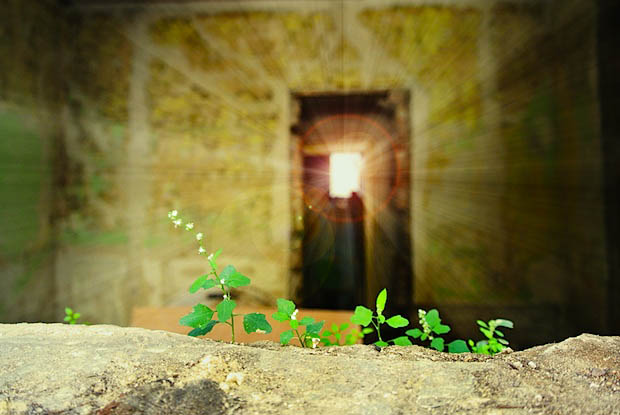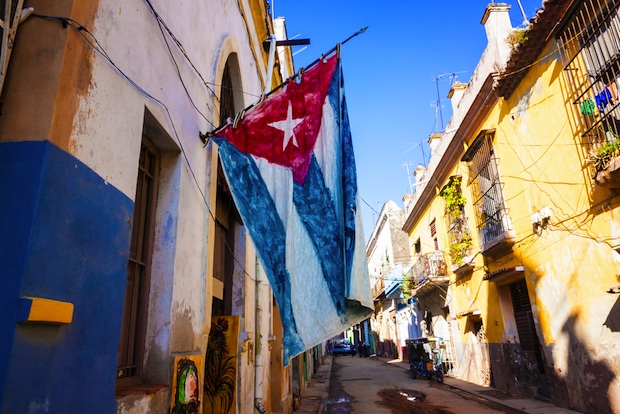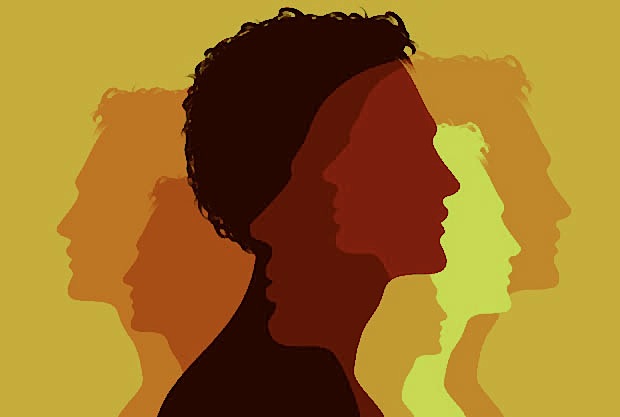Yom Kippur
The Courage to Be Vulnerable
Imagine a world where instead of saying, “I’m right and you’re wrong!” people say, “I don’t know.” Imagine a world … Continue Reading
We Are More Than the Sum of Our Stories
TWD contributor, Amy Shouse wrote a recent post about how we rush to judgment and that “until we know a … Continue Reading
Repair and Reconciliation: Coming Back From a Broken Place
Two weeks ago, I wrote about an upcoming trip to Cuba and promised to report back. While I could not … Continue Reading
Yom Kippur: The Truth About One’s Truths
Yom Kippur is the most sacred day in the Jewish calendar. Simply put, it is a day-long exercise in Reality … Continue Reading





